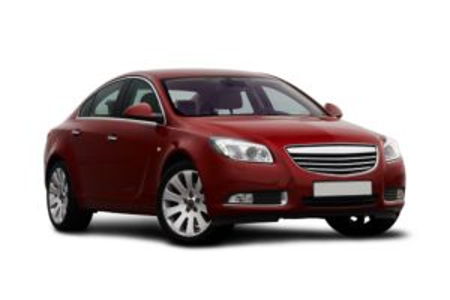The legal doctrine of vicarious liability refers to liability imposed on an individual for the failure of another individual to exercise reasonable care. Vicarious liability is typically imputed when a special relationship exists. Examples of such relationships include husband-wife, parent-child or employer-employee. It may also exist when a car owner allows another to drive his or her motor vehicle. Because of this special relationship and public policy, liability is imposed if a person acts negligently despite actual fault.
Pennsylvania law does not follow the “family use” doctrine and therefore does not apply a presumption that the owner of an automobile is liable for negligence when operated by another driver. Instead, the party seeking to impute negligence to the owner of the automobile must show that the driver was under the control of the owner as if the driver were a paid servant.
The court in Breslin v. Ridarelli 308 Pa. Super. 179, 454 A.2d 80 (1982) stated, “The family use doctrine is not a part of the law in Pennsylvania… To establish liability. . . it must be shown not only that the driver was the owner’s servant but also that such servant was at the time engaged in the master’s business so as to be subject to the master’s control or right of control.”
Thus, in Pennsylvania, parents who grant permission to a minor to operate an automobile are not responsible for the minor’s negligent driving conduct. Spouses are also protected in that the existence of a marital relationship does not impose vicarious liability on a vehicle owner who allows a spouse to operate the vehicle.

